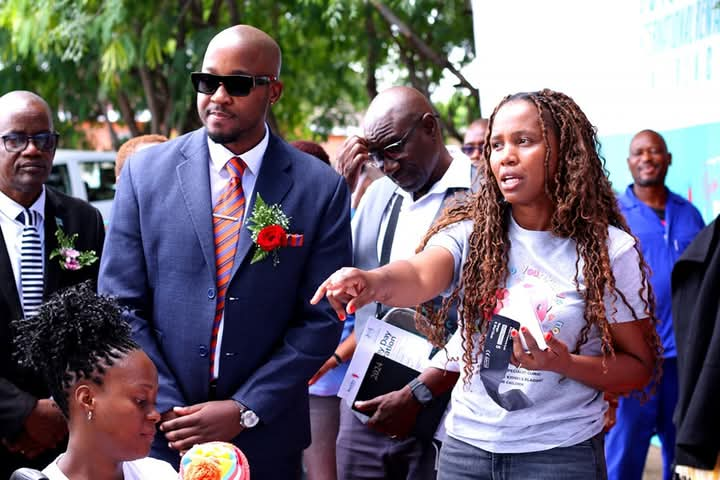Minister of Health Hon. Dr Stephen Modise says Botswana, just like other countries across the world is recording an increasing number of patients with kidney disease. Speaking at the World Kidney Day commemoration ceremony organised by the Nephrology Society of Botswana (NESBO) in collaboration with the Greater Francistown DHMT this morning, Dr Modise said the increase in kidney disease cases has been made possible by the increase in Non Communicable Diseases (NCDs) like hypertension and diabetes, which are the key drivers of kidney disease.
Minister Dr Modise said Government will ensure that it avails all the necessary health care services to all the people in order to ensure that there is early diagnosis and treatment to those who test positive. This, he says, will help reduce the number of people who eventually progress to kidney failure and death.
The Minister also called upon communities to participate in curbing illnesses like kidney diseases, not just by changing their lifestyles and living healthily, but by also spreading messages about kidney disease preventative measures.
Some of these measures are: maintaining a healthy weight and diet, controlling blood pressure, reducing sugar and salt intake, avoiding smoking and excessive alcohol intake, and by always exercising.
Ministry of Health Botswana







OTHER ARTICLES
Editorial — Prevent, inform, and act for women’s health in Africa
Kenya : Government Prioritises Maternal Health and Strengthens Support for Community Health Promoters
Strengthening pandemic prevention, preparedness, and response capacities in Senegal using the “One Health” approach